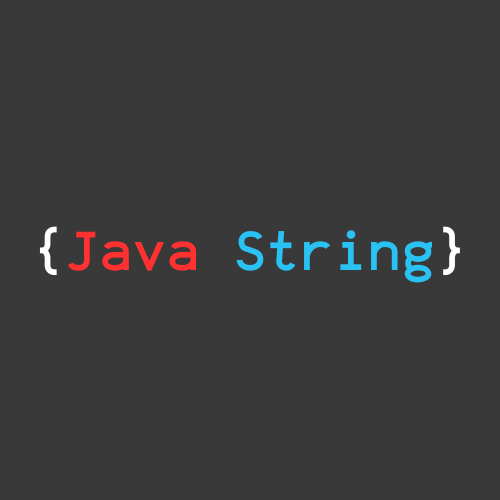What Is a String in Java?
In Java, a string is an object that represents a sequence of characters. Unlike primitive types (like ‘int’ or ‘char’), strings are objects of the ‘String’ class, which belongs to the ‘java.lang’ package. Strings in Java are immutable, meaning that once a ‘String’ object is created, its value cannot be changed.
String variableName = "Hello World!";Break it down to smaller pieces:
String – is a variable type, which holds any and every character you put into it.
variableName – is as the name states, it is the name you give to the variable. It is best practice for a variable name to be something meaningful as you write you program, this will help with both, reusing the variable and in maintenance. Also, the naming convention starts with smaller case letter, no spaces, and every following word starts with capital letter, i.e. (firstName, lastName).
quotation marks ” “ – the best way to think of it as a field, where you enter your sequence of characters.
semicolon ; – is to terminate/end a statement/line of code which is part of a syntax.
Now that we learned what a string is and how it gets declared, let’s see how all of the characters index.
(characters are spaced out for illustration purposes)
0 1 2 3 4 5 6 7 8 9 10 11
String variableName = "H e l l o W o r l d !";
Strings in Java are versatile and essential for text manipulation, but understanding their immutable nature and leveraging the right tools for string operations is key to writing efficient and readable code. By mastering string creation, manipulation methods, and best practices, you can handle text data more effectively in your Java applications.
